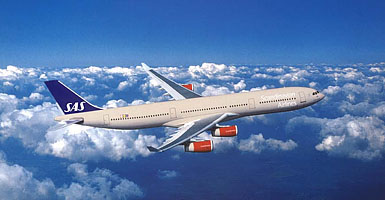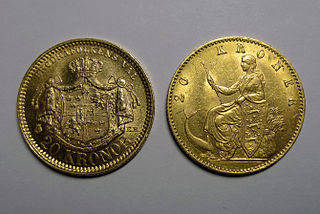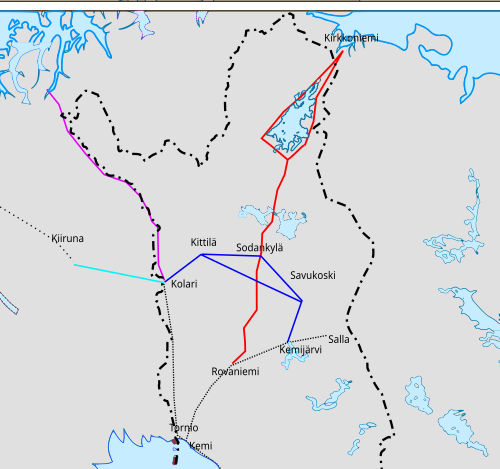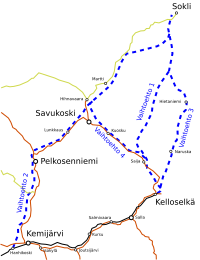Devvy
Donor
Chapter 1
May 1992 Headline from newspaper:
Swiss decide to postpone EU application, focus initially on economic integration announces minister
The Nordic Confederation, looking back, owes it's existence to several independent yet connected events in the first half of the 1990s. 1994 is the obvious point at which Nordic integration became inevitable, with the "Triple Rejection" of the European Union by the Nordic states, leaving only Denmark a member. Firstly in October, Norway refused to join (only 45% voting for accession). Analysts largely put the rejection down to the new European Economic Area; with full integration between the EFTA states and EU states into the EEA, Norwegian voters saw little need to give up more sovereignty in order for economic success. Later the same year, in November, the Swedish voted. The result was an incredibly narrow defeat (49.2% votes to join the EU) for the Swedish Government who campaigned for accession to the EU, largely in fear that economic interests would desert the country for the EU if it rejected (as large manufacturers such as Volvo threatened).
The domino effect would continue to the Finnish referendum on EU membership. Esko Aho, Prime Minister of Finland at the time and one of the significant players in the pro-EU camp, attended an emergency meeting to discuss the Swedish rejection of the EU, and broke his leg upon his leave. It ruled him out of much of the negotiating and campaigning over the referendum, robbing the pro-EU camp of man of considerable skill, and most analysts pin the Finnish EU-rejection down to this man as the gap was incredible narrow (49.6% voted to join the EU in the late November referendum), despite the traditional Finnish lean towards following Swedish trends.
Swedish ministers were said to be initially panicked by the Swedish rejection. A round table summit was held by the new Swedish Prime Minister, Ingvar Carlsson, along with his Norwegian and Finnish counterparts (Gro Brundtland and Esko Aho who was famously photographed leaving the meeting still on crutches). All 3 participants were of the mind to take swift and drastic action to address the mass rejection of the European Union by their electorates, and stay attractive for business in the face of the integrating European Union.
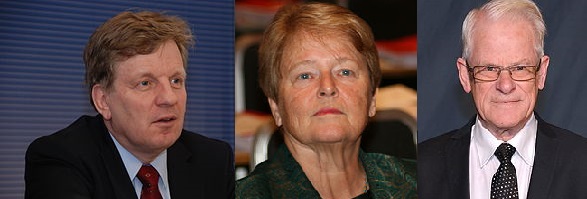
The Nordic Prime Ministers who were in attendance at the round table summit (Aho, Brundtland & Carlsson, in later years).
--------------------------------
Notes: So this is a semi-rehash / second version of my attempted Nordic Union, as the Nordics are a topic close to my heart. In this, the Swiss Government decided to postpone their application to the EU, and focus on EEA integration first. In this manner, the Swiss then vote to join the EEA (instead of narrowly rejecting it in OTL), and thus the EEA comes into existence unblemished by a Swiss rejection. Full EFTA/EEC link-up, and economic integration for Europe all round (well almost; the EEA covers almost everything bar agriculture and fisheries I believe. Please correct me if I'm wrong there!).
With this, Norway votes on the EU first (OTL it was referendums in Finland, Sweden, Norway in that order), and still rejects it, with the electorate judging the EEA enough. The Swedish vote second, and narrowly vote no for the same reason. In Finland, Aho was one of the leading pro-EU politicians who ironed out a lot of issues in order to get a yes vote in OTL. Here, his broken leg keeps him away from the campaign and diplomacy, and thus Finland follows the Swedish lead and ever so finely votes against the EU as well.
The three politicians meet, and as you might guess from the opener, decide to work together, forming the opening steps to a Nordic Confederation.
May 1992 Headline from newspaper:
Swiss decide to postpone EU application, focus initially on economic integration announces minister
The Nordic Confederation, looking back, owes it's existence to several independent yet connected events in the first half of the 1990s. 1994 is the obvious point at which Nordic integration became inevitable, with the "Triple Rejection" of the European Union by the Nordic states, leaving only Denmark a member. Firstly in October, Norway refused to join (only 45% voting for accession). Analysts largely put the rejection down to the new European Economic Area; with full integration between the EFTA states and EU states into the EEA, Norwegian voters saw little need to give up more sovereignty in order for economic success. Later the same year, in November, the Swedish voted. The result was an incredibly narrow defeat (49.2% votes to join the EU) for the Swedish Government who campaigned for accession to the EU, largely in fear that economic interests would desert the country for the EU if it rejected (as large manufacturers such as Volvo threatened).
The domino effect would continue to the Finnish referendum on EU membership. Esko Aho, Prime Minister of Finland at the time and one of the significant players in the pro-EU camp, attended an emergency meeting to discuss the Swedish rejection of the EU, and broke his leg upon his leave. It ruled him out of much of the negotiating and campaigning over the referendum, robbing the pro-EU camp of man of considerable skill, and most analysts pin the Finnish EU-rejection down to this man as the gap was incredible narrow (49.6% voted to join the EU in the late November referendum), despite the traditional Finnish lean towards following Swedish trends.
Swedish ministers were said to be initially panicked by the Swedish rejection. A round table summit was held by the new Swedish Prime Minister, Ingvar Carlsson, along with his Norwegian and Finnish counterparts (Gro Brundtland and Esko Aho who was famously photographed leaving the meeting still on crutches). All 3 participants were of the mind to take swift and drastic action to address the mass rejection of the European Union by their electorates, and stay attractive for business in the face of the integrating European Union.

The Nordic Prime Ministers who were in attendance at the round table summit (Aho, Brundtland & Carlsson, in later years).
--------------------------------
Notes: So this is a semi-rehash / second version of my attempted Nordic Union, as the Nordics are a topic close to my heart. In this, the Swiss Government decided to postpone their application to the EU, and focus on EEA integration first. In this manner, the Swiss then vote to join the EEA (instead of narrowly rejecting it in OTL), and thus the EEA comes into existence unblemished by a Swiss rejection. Full EFTA/EEC link-up, and economic integration for Europe all round (well almost; the EEA covers almost everything bar agriculture and fisheries I believe. Please correct me if I'm wrong there!).
With this, Norway votes on the EU first (OTL it was referendums in Finland, Sweden, Norway in that order), and still rejects it, with the electorate judging the EEA enough. The Swedish vote second, and narrowly vote no for the same reason. In Finland, Aho was one of the leading pro-EU politicians who ironed out a lot of issues in order to get a yes vote in OTL. Here, his broken leg keeps him away from the campaign and diplomacy, and thus Finland follows the Swedish lead and ever so finely votes against the EU as well.
The three politicians meet, and as you might guess from the opener, decide to work together, forming the opening steps to a Nordic Confederation.
